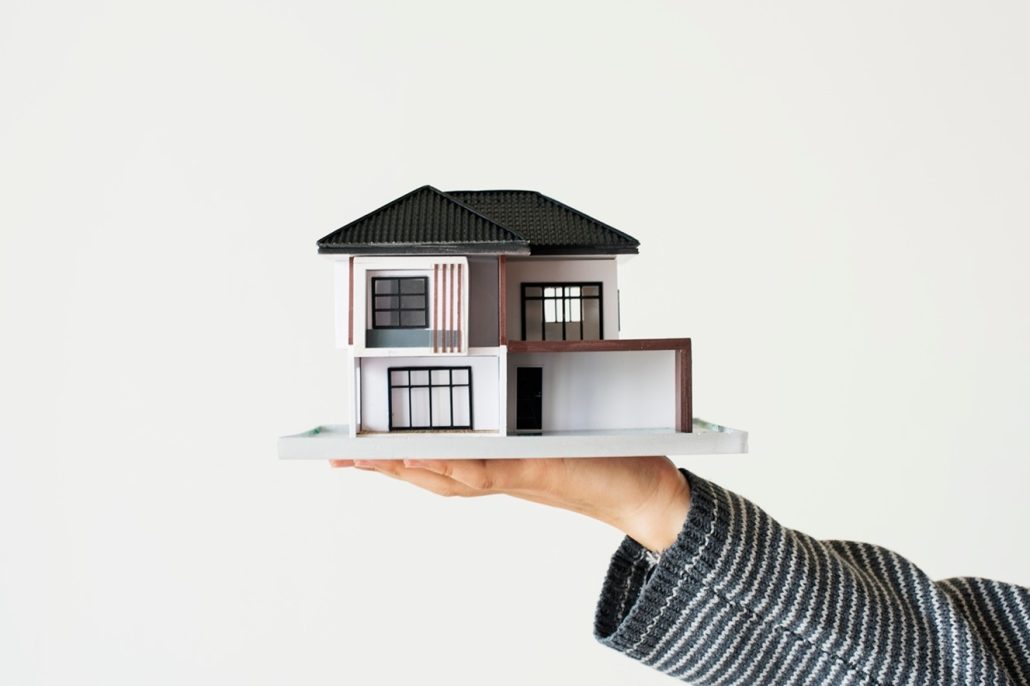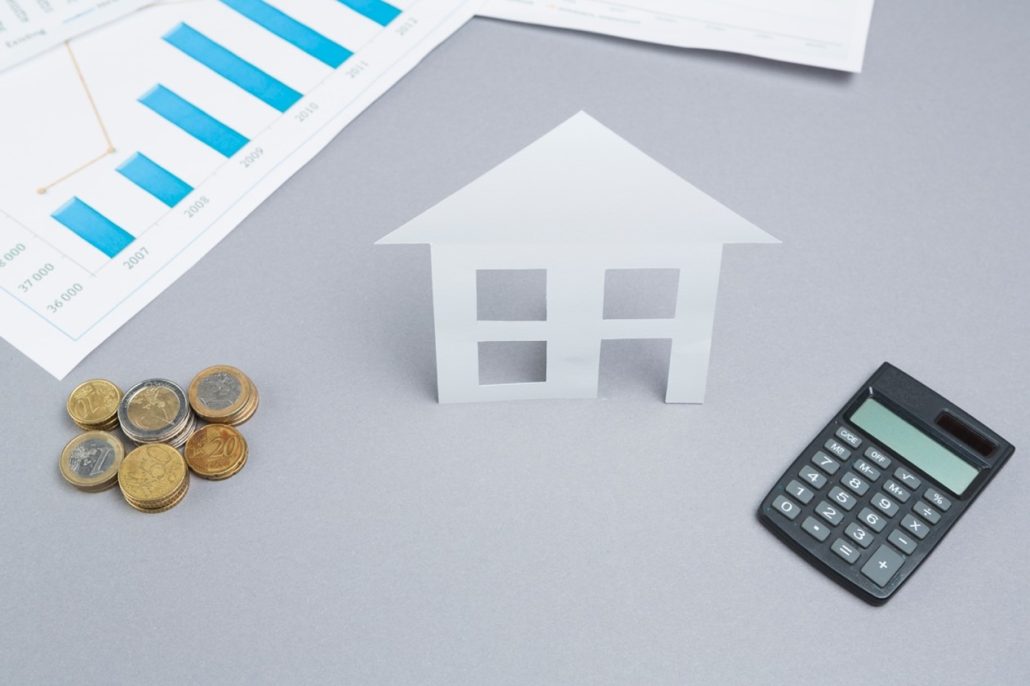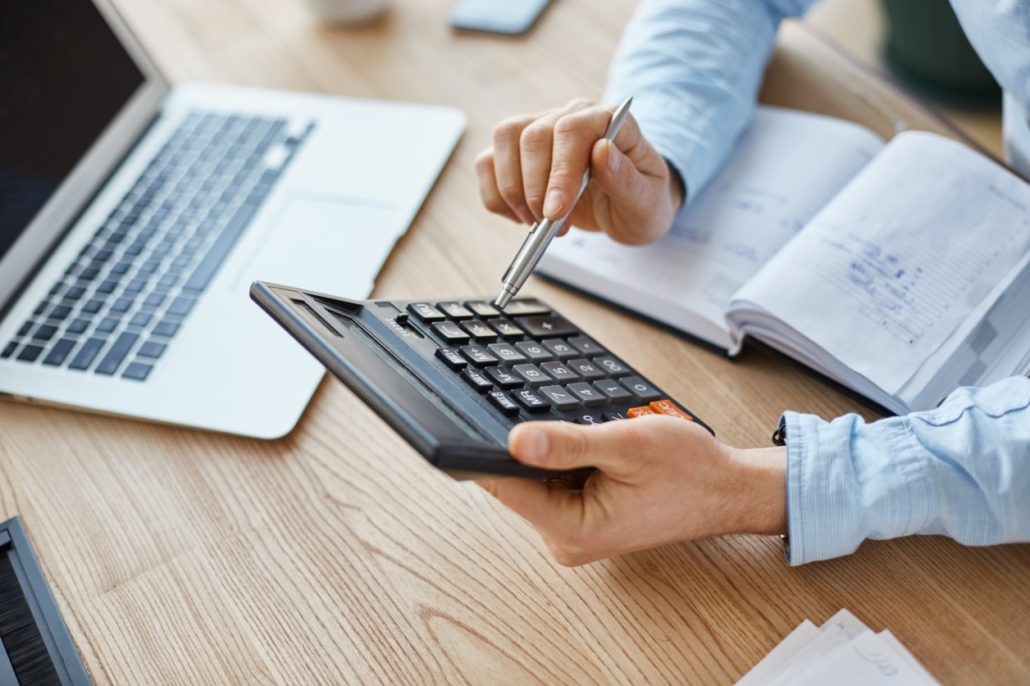
Contents
What is Additional Buyer’s Stamp Duty?
Most homebuyers are familiar with Buyer’s Stamp Duty (BSD) as it applies to all property transactions. However, one less common form of stamp duty when purchasing residential properties is the Additional Buyer’s Stamp Duty (ABSD). While everyone has to pay BSD, not all buyers have to pay ABSD as ABSD is paid on top of BSD.
Stamp duties were first introduced in Singapore to regulate property prices. In a similar vein, ABSD was later instituted to manage the demand for residential properties to ensure that residential property remains affordable for Singaporeans. The main difference between BSD and ABSD lies in how they are calculated. The amount of payable BSD tax is dependent on the value of the property, regardless of the profile of the buyer, while it depends on your ABSD liability.

Do I Have to Pay Additional Buyer’s Stamp Duty (ABSD)?
How much ABSD one has to pay depends on the profile of the buyer as at the date of purchase or acquisition of the residential property. The following factors would determine one’s ABSD liability:
Whether the Buyer is an Individual or an Entity
Different ABSD rates apply for individuals and entities. An entity refers to a person who is not an individual and includes
- An unincorporated association
- A trustee for a collective investment scheme when acting in that capacity
- A trustee-manager for a business trust when acting in that capacity
- The partners of the partnership whether or not any of them is an individual, where the property conveyed, transferred or assigned is to be held as partnership property
In the event a property is jointly purchased by buyers of different profiles, ABSD of the entire purchase value will be calculated according to the profile with the highest ABSD rates.
The Profile of the Buyer
ABSD will be calculated according to the applicable rate based on the profile of the buyer on the date of purchase. Different ABSD rates apply to buyers of different residency status —Singapore Citizen (SC), Permanent Residents (PR), and Foreigners.
The Count of Residential Properties Owned by the Buyer
On top of residency status, the number of properties owned by the buyer also determines which ABSD rates are applicable. Whether a property is counted depends on the following:
- A property will be counted upon the date of signing of the Contract or Agreement to purchase the property as the buyer already has an equitable interest in the property, regardless of whether the property has been legally transferred to him.
- A full count of the property will be considered for partial and joint ownership.
- For properties held on trust, the property will be included as the count for the identifiable beneficial owner.
- For multiple properties purchased in one transaction under a single contract, each property will be counted as a separate property. If a SC who does not own any property at the time of purchase decides to acquire two residential properties in one contract, he may choose either unit to be subject to ABSD. In the event multiple properties are jointly purchased by buyers of different profiles, each property is counted as a separate property and the highest ABSD rate will apply on each property.
- Properties acquired by means other than purchase, such as inheritance or settlement, are included in the count.
- HDB shops with attached living quarters or shophouses with a permitted residential area will be counted.
- All residential properties gazetted for compulsory acquisition are excluded.
- All residential properties geographically located outside of Singapore are excluded.
Whether the Residential Property is to be Held in a Living Trust
In May 2022, the government announced that any transfer of residential property into a living trust would be subject to an ABSD rate of 35%. This is known as ABSD (Trust) and refers to any trust created by a person during his or her lifetime, with effect from 9 May 2022.
Current ABSD Rate (2024)
Buyer Profile | ABSD Rate for 1st Property Purchase | ABSD Rate for 2nd Property Purchase | ABSD Rate for 3rd Property Purchase Onwards |
|---|---|---|---|
Singapore Citizens | 0% | 20% | 30% |
Permanent Residents | 5% | 30% | 35% |
Foreigners | 60% | 60% | 60% |
Entities | 65% | 65% | 65% |
Housing Developers | 35% (plus an additional 5% non-remittable) | 35% (plus an additional 5% non-remittable) | 35% (plus an additional 5% non-remittable) |
How Is Additional Buyer’s Stamp Duty Calculated?

- Find the Current ABSD Rate
Each residency status and property count is associated with a specific ABSD rate. Check the latest rates issued by the government, as they are periodically revised. - Calculate the Property’s Purchase Price or Market Value
ABSD is calculated on the higher purchase price or the market value of the property. For example, if the purchase price is $1 million but the market value is S$1.2 million, the ABSD will be based on the higher amount, i.e., $1.2 million. - Apply the ABSD Rate to the Property Value
Multiply the applicable ABSD rate by the higher of the purchase price or market value to get the ABSD amount.
Alternatively, you can use this IRAS Stamp Duty Calculator to calculate how much ABSD you have to pay.
How to Pay Additional Buyer’s Stamp Duty (ABSD) in Singapore
1. Log In to the IRAS e-Stamping Portal
2. Complete the e-Stamping Form
- Select the e-Stamping option for ABSD and other stamp duties.
- Fill in the necessary details for your property transaction, including the buyer’s information, the property type, purchase price, and date of purchase.
- The portal will automatically calculate the ABSD amount based on the information provided, ensuring accuracy.
3. Review and Confirm Details
Double-check all information entered to avoid discrepancies.
4. Make the Payment
Payment Options:
- PayNow QR: Scan the PayNow QR code provided in myTax Portal to make the payment directly.
- Internet Banking Fund Transfer: Transfer the payment directly from your Singapore bank account using internet banking.
- GIRO: If you are registered for GIRO with IRAS, select this option for a direct deduction.
- Cheque/Cashier’s Order: For your payment to be posted promptly in your tax account, please quote the 13-digit Document Reference Number at the back of your cheque/ cashier’s order.
- Telegraphic Transfer: Primarily for overseas transactions; additional bank charges may apply.
- AXS: Make payments via any AXS station or through the AXS mobile app at myTax Portal
After selecting your payment method, complete the transaction as instructed by the portal.
5. Receive Your Stamp Certificate
- Once payment is confirmed, you will receive an electronic stamp certificate. This document is essential for the legal completion of your property purchase.
- Ensure you save or print a copy of the stamp certificate, as it may be required for your mortgage, conveyancing, or legal records.
CPF Reimbursement Process for ABSD
While CPF savings cannot be used upfront for paying ABSD, you may be eligible for a one-time reimbursement from your CPF Ordinary Account after the ABSD has been paid in full. This can be a helpful option for managing cash flow, especially given the ABSD’s significant impact on property transactions.
- Pay ABSD in Full: Make the full ABSD payment upfront, as CPF cannot be used to pay ABSD directly.
- Request Reimbursement: Apply for a one-time reimbursement from your CPF account together with your application to use your CPF savings to buy a property.
- Approval and Reimbursement: The CPF Board will review the request, and if approved, the ABSD amount will be reimbursed from your Ordinary Account.
Note: CPF reimbursement is only available for residential property purchases and is subject to CPF withdrawal limits and eligibility. If you are taking an HDB loan, it is important to check with HDB on your eligibility to apply for a one-time reimbursement of stamp duty from your CPF account.
Penalties For Late Payment or Non-Payment of ABSD
Failure to pay Additional Buyer’s Stamp Duty (ABSD) within the given deadline may result in significant financial penalties. It is essential to understand these consequences to avoid additional costs and legal issues. Here’s an overview of the penalties for late or non-payment of ABSD in Singapore.
Delay Duration | Penalty |
|---|---|
Delay in payment not exceeding 3 months | A penalty of $10 or an amount equal to the duty payable, whichever is greater. |
Delay in payment exceeding 3 months | A penalty of $25 or 4 times of the duty payable, whichever is greater. |
Exceeding the due date stated in the penalty notice | Additional penalties or court summonses. |
ABSD Exemptions and Remissions
There are some exemptions and remissions for ABSD. For instance, for SCs, if you have contracted to sell your sole private property before you accept the Option to Purchase (OTP) for another private property, you will be exempt from paying ABSD.
Foreigners or PRs married to Singaporeans who don’t own any residential properties are also not liable to pay ABSD. Under Free Trade Agreements, citizens and permanent residents of Iceland, Liechtenstein, Norway, Switzerland and the United States of America will be exempt from paying ABSD on their first property purchase.
In Conclusion
Overall, Additional Buyer’s Stamp Duty is an important tool for the government to maintain the affordability of residential property for Singaporeans. For the average Singaporean homebuyer who is only in the property market to look for a place of residence, ABSD would not be anything to worry about as this tax will only be levied from their 2nd property purchase and beyond.
However, for SCs who own more than 1 property, PRs, foreigners and entities, it is crucial to understand which ABSD rate applies to you to ensure you can finance your purchase. Property buyers in the market for new residential properties have to keep updated on changes regarding ABSD, as the Singaporean government introduces more cooling measures with increasing frequency to curb rising property prices.
Want to find the best mortgage rate in town? Check out our free comparison service to learn more!
Read more of our posts below!

